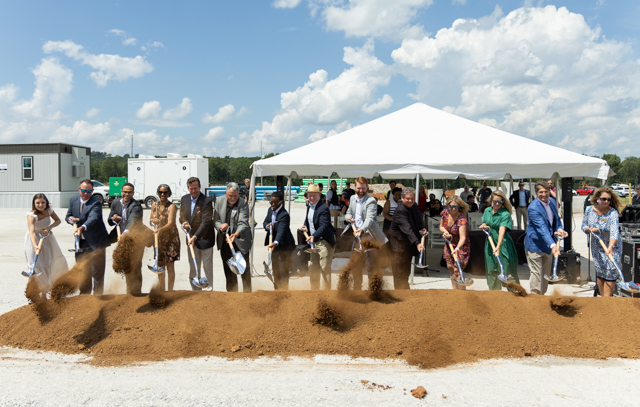Health Matters: Addiction recovery deserves attention
Published 12:00 am Saturday, September 6, 2008
It’s plain to see that many people – of all ages, from all walks of life – experience drug and alcohol abuse problems. According to national statistics, more than 21 million Americans suffer from addiction or dependence on alcohol and drugs and have yet to experience recovery. We are constantly reminded of the disease. Television shows, the Internet, movies, books and the media exploit the illness of addiction on a daily basis. It’s big news, and it seems as though admittance into a treatment program has practically become a rite of passage in the celebrity world.
But that’s only half the story. The other part of the story – the power of recovery – is quieter, and doesn’t get much attention at all. The man who is celebrating 25 years of sobriety at a local meeting; the single mother who is going back to school; a father who reunites with his family; children returned to the care of their parents; people who leave the welfare system and start earning their own way; individuals reaching out to others because they’ve been there and know how hard it is to ask for help – these are the stories that are seldom told, but need to be heard.
Trending
Taxpayers have invested millions of dollars in understanding addiction, isn’t it time we begin to focus on understanding recovery? Recent statistics show that:
- Almost two-thirds of Americans have friends or family members who have struggled with addiction.
- Nearly two-thirds of Americans (66 percent) view addiction as a form of illness and something individuals cannot remedy alone.
- One in four people in recovery from alcoholism and drug addiction says they have been discriminated against when trying to obtain employment or insurance.
- Addiction, left untreated, costs Americans more than 100,000 lives and $400 billion each year.
- Every dollar spent on drug treatment in the community is estimated to return $18.52 in benefits to society in terms of reduced incarceration rates and associated crime costs to taxpayers.
“We know addiction exists because we see it every day on the news, but recovery doesn’t often attract the attention of the media, and rarely makes the headlines,” said Karen Garrity, director of substance abuse at LifeSkills. “Each year, September is nationally recognized as Recovery Month. During this time, we celebrate the more than 4 million people in our country who are in recovery and who work every day to maintain sobriety and contribute positively to their family members and communities. For those who haven’t found help, please know that treatment works and recovery is possible.”
An online guide to help people locate substance abuse treatment programs in their area is now available from the Substance Abuse and Mental Health Services Administration at www.FindTreatment.samhsa.gov. Hard copies of the directory may be obtained free of charge by calling (877) 726-4727 (request inventory No. SMA 08-4335). The Alcoholics Anonymous Web site is www.aa.org, or call 782-5267. The Narcotics Anonymous Web site is www.na.org, or call (818) 773-9999. The support group for family members is Al-Anon, and its Web site is www.
al-anon.familygroups.org, or call (888) 425-2666.
— Maureen Mahaney coordinates public information for LifeSkills, Inc., a nonprofit, behavioral health care corporation that plans for and serves the people of southcentral Kentucky in three main areas: mental health, substance abuse and developmental disabilities. Her column appears monthly.






